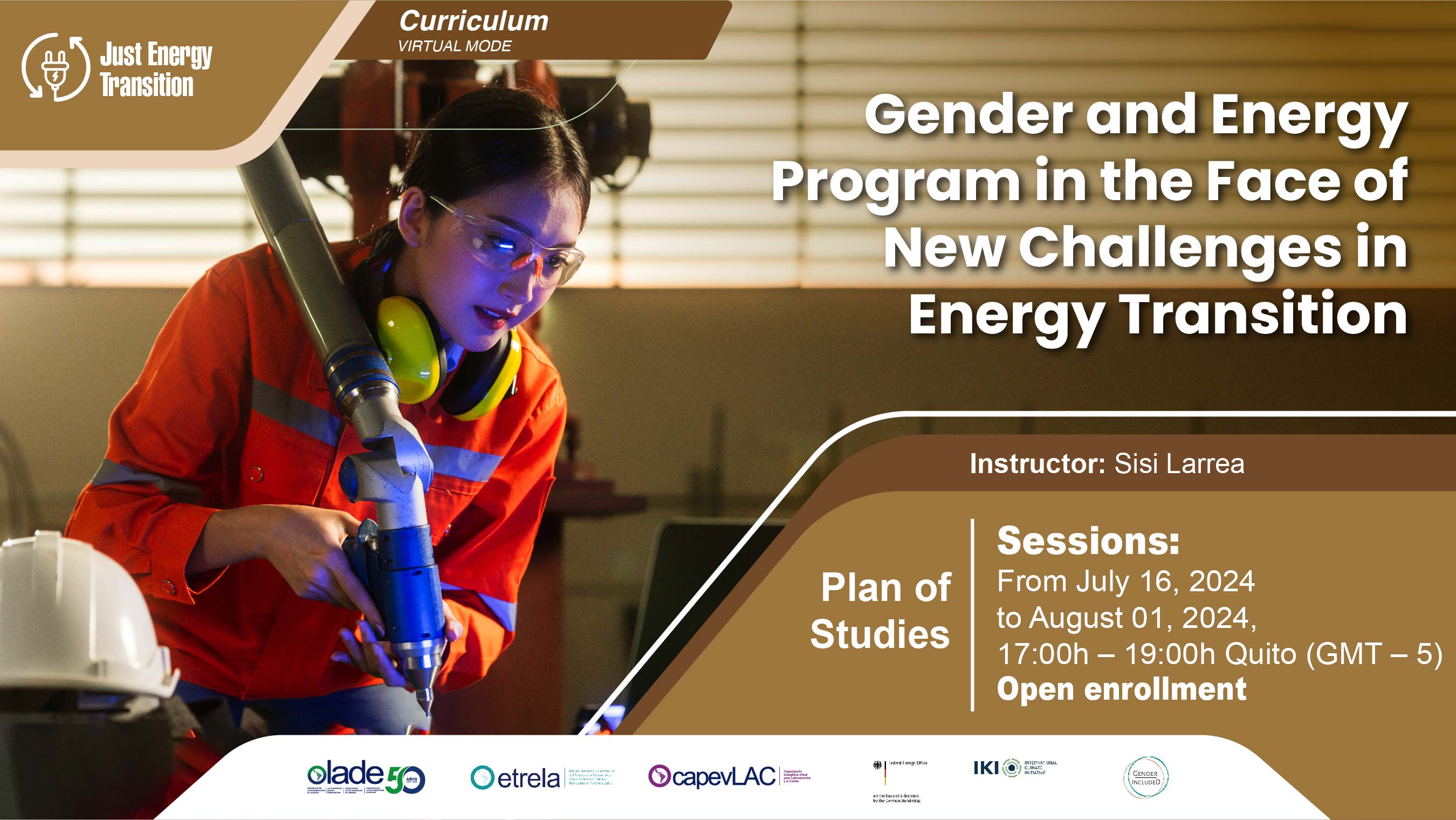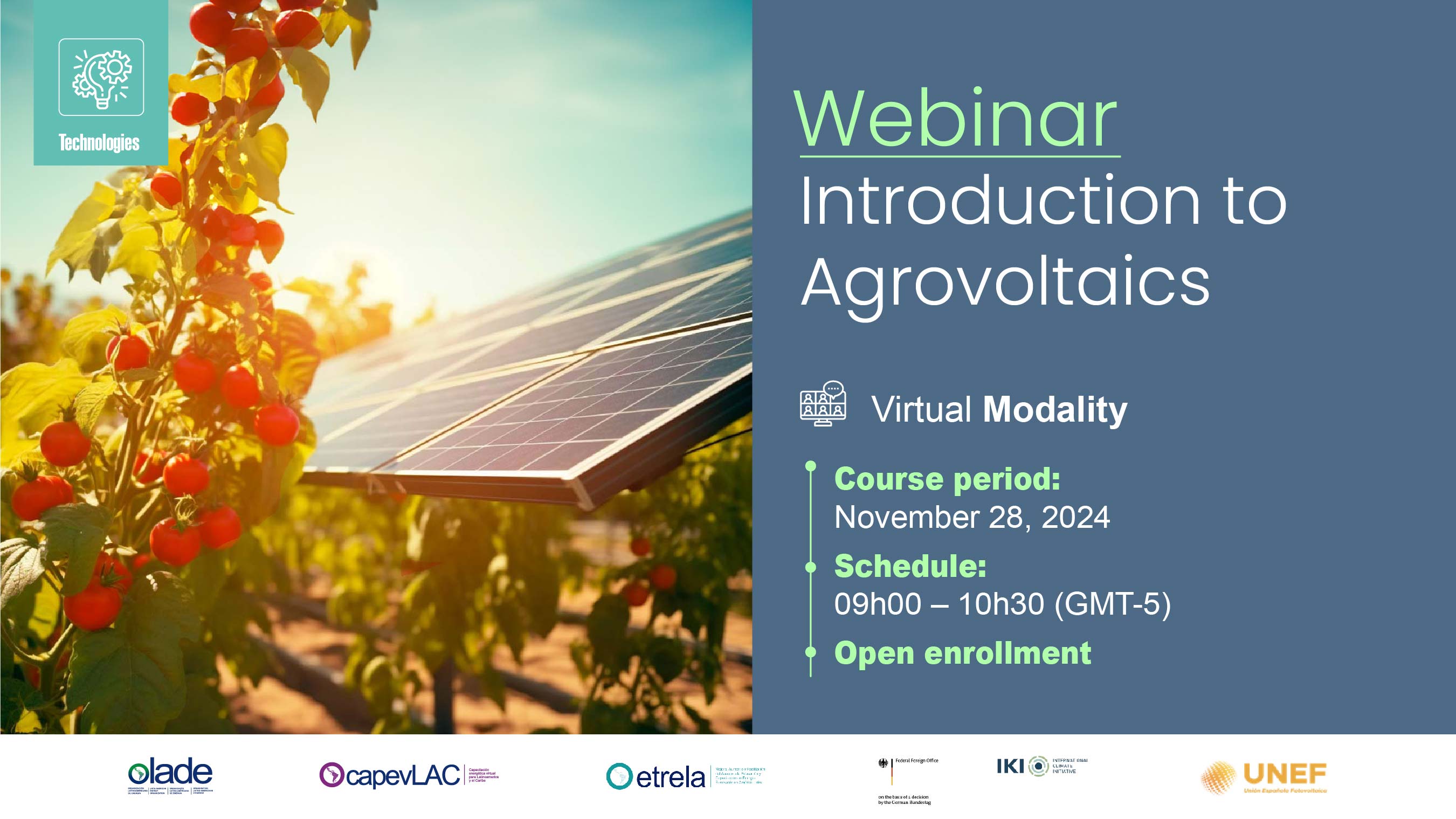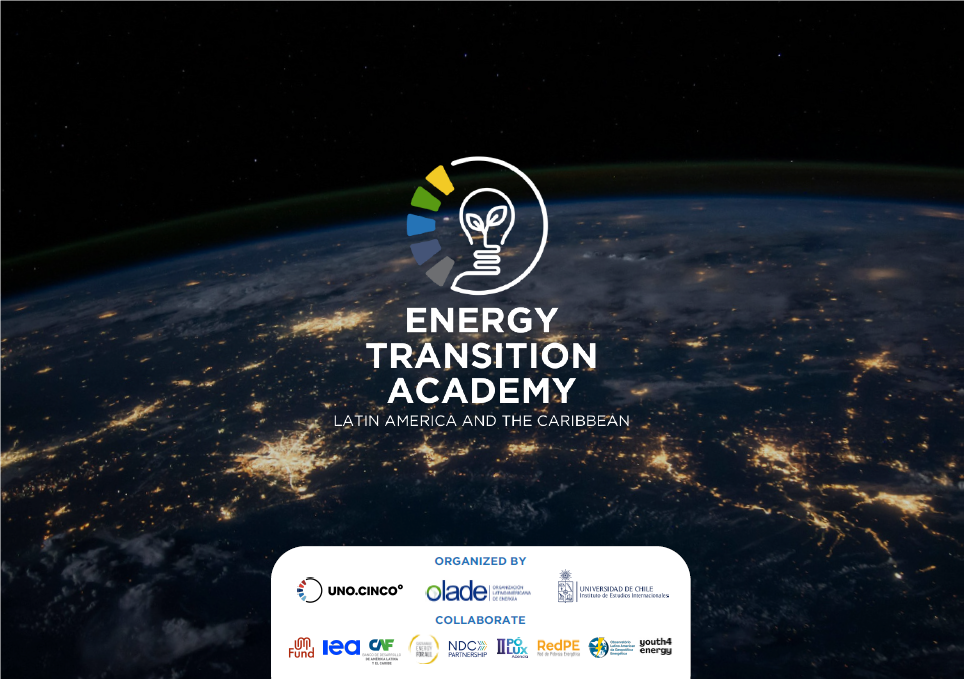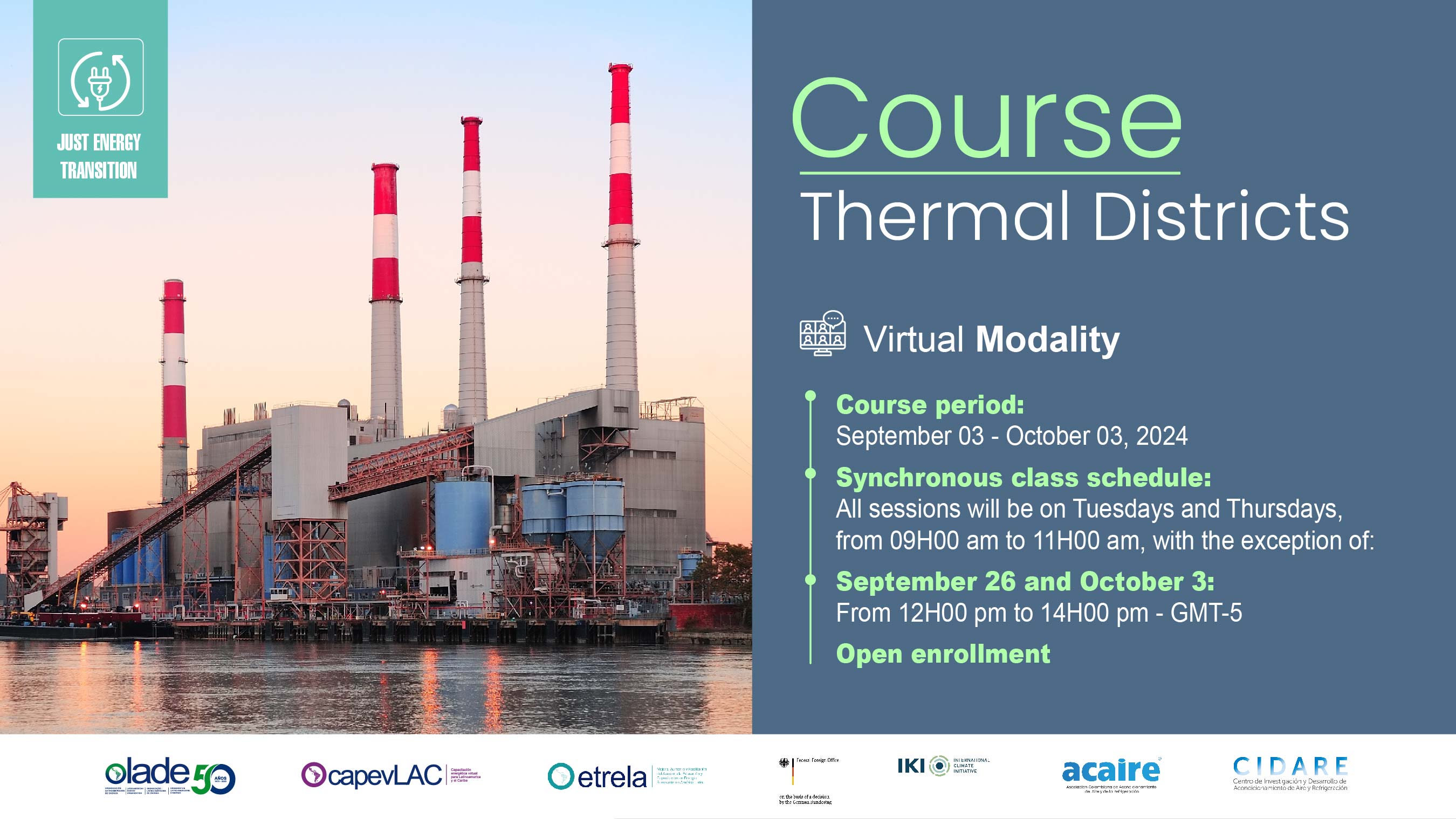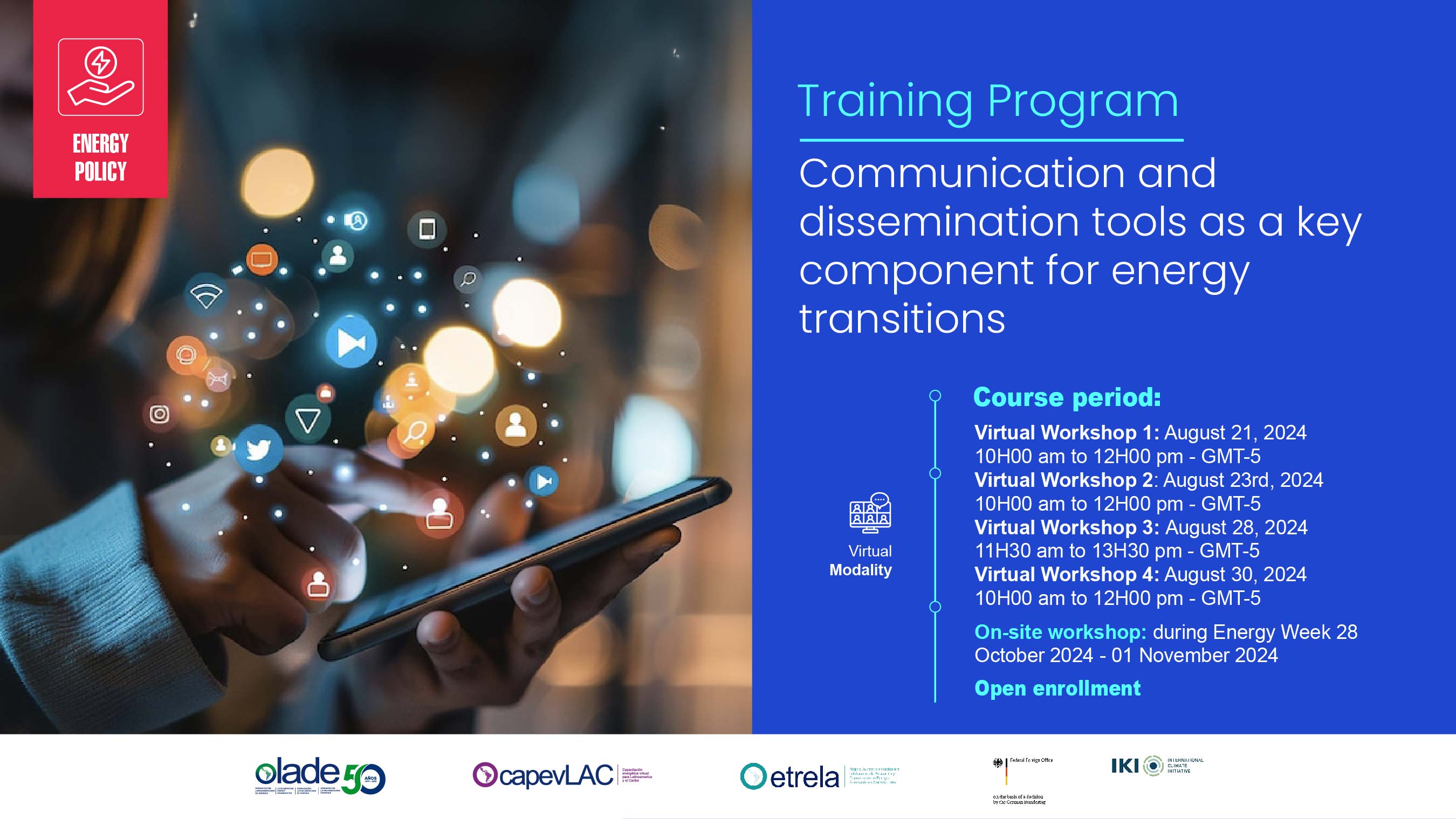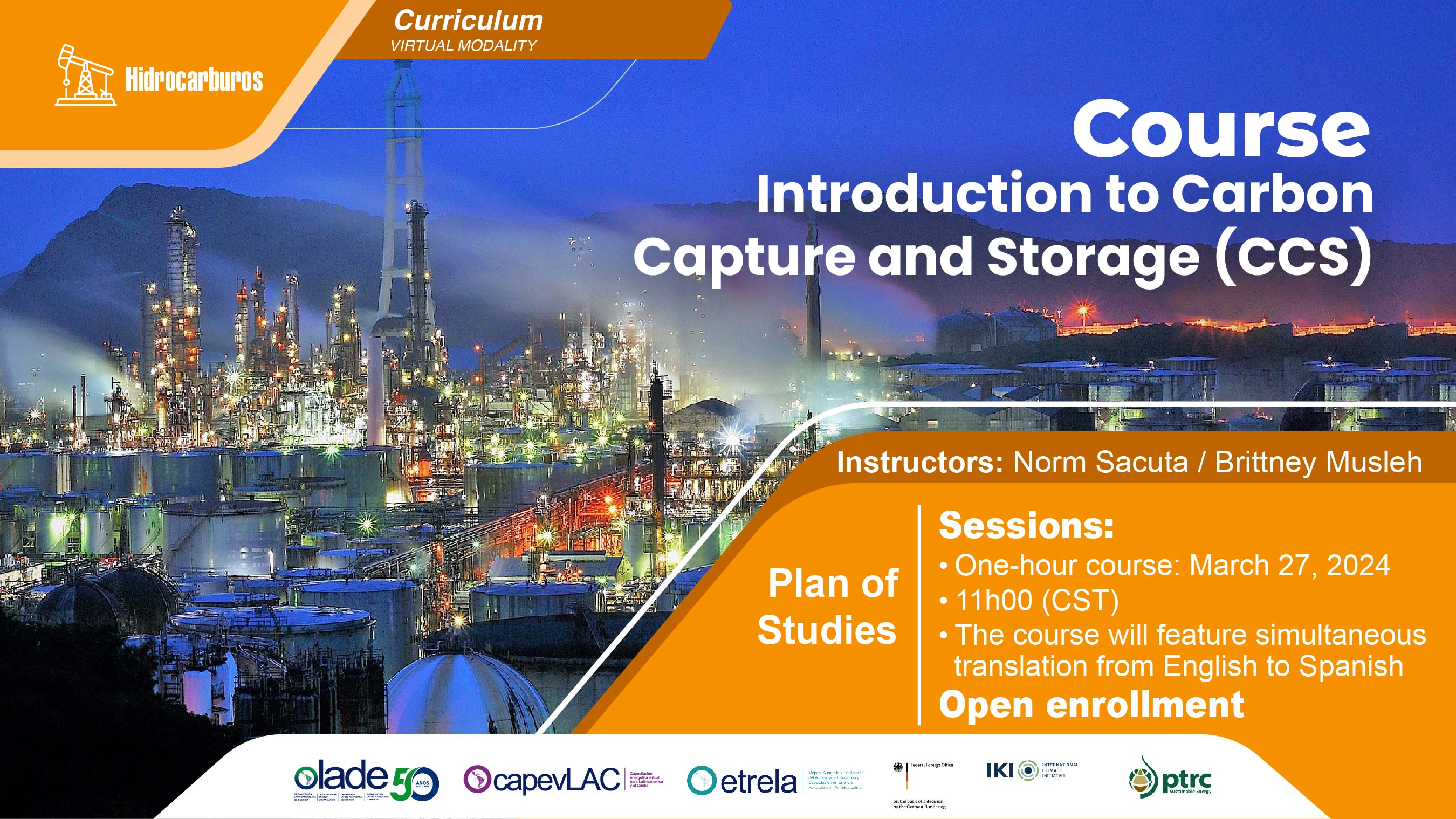- Introduction
Women’s advocacy and empowerment are critical to the energy sector in Latin America and the Caribbean for several key reasons. First, women make up a significant portion of the workforce in this industry, playing roles ranging from management and engineering to the operation and maintenance of energy infrastructure. However, they often face structural and cultural barriers across countries that limit their full and effective participation at all levels.
Inclusion of more women in the energy sector is not only a matter of gender equality, but also a smart strategy to drive innovation and sustainable growth. The diverse perspectives and experiences that women bring can lead to more creative and efficient solutions in areas such as renewable energy, energy efficiency and resource management, thus contributing to the transition to a more sustainable and resilient energy system.
The empowerment of women in the energy sector has a positive impact on the economic and social development of the region as a whole. By creating equitable opportunities and promoting gender equality, inclusive growth is fostered and the capacity of communities to address challenges such as climate change and energy security is strengthened.
Gender mainstreaming in the energy transition involves recognising and addressing gender disparities that may arise in the access, control and benefits of new energy technologies and policies. This includes ensuring the equal participation of women in energy planning and decision-making, as well as in the implementation and management of sustainable energy projects. Furthermore, it is crucial to consider how energy policies and programmes can differentially affect men and women, and to design strategies to mitigate any negative impacts and promote gender equality in all aspects of the energy transition.
Ultimately, effective gender integration in the energy transition is not only a matter of social justice, but also a necessity to ensure the long-term effectiveness and sustainability of energy policies and projects. We must promote concrete actions to improve the insertion of girls and young people in stem careers and also know and manage practical tools that help us policy and project managers to better incorporate this issue linked to new concepts and approaches such as energy transition, climate change, circular economy, among others.
- Presentation of the Study Plan
The workshop will be conducted virtually over a period of one (1) month. Composed of six (6) sessions, two (2) sessions per week from July 16 to August 1, 2024. The sessions will last two (2) hours each, from 5:00 pm to 7:00 pm – GMT-5.
The classes will be in a virtual format, with the participation of part of the technical team and interactive with the participants, attending their queries according to the format of the course Specialist.
- General objective of the Study Plan
The general objective of the course is to raise awareness and operationalize the concepts of gender and energy, highlighting the importance of incorporating women into decision-making spaces, projects and actions in the energy sector, especially in the face of the new challenges of the energy transition.
- Study plan learning outcomes
Upon completion of the study plan, the student will be able to:
- Know and manage the basic concepts in the relationship between gender and energy.
- Know concrete actions and indicators for actions in the sector.
- Learn practical tools to incorporate the gender approach and the needs of women in energy projects
- Know and reflect on the relationship of new concepts and approaches related to the energy sector such as circular economy, climate change and bioeconomy, and how gender actions can be included in them
Identify some good practices in the region in this area related to policies and/or projects.
- Participant profile
Women and men from the technical and professional area in the energy sector of the LAC region.
Course Features
- Lecture 0
- Quiz 0
- Duration 10 weeks
- Skill level All levels
- Language Spanish
- Students 2
- Certificate No
- Assessments Yes

